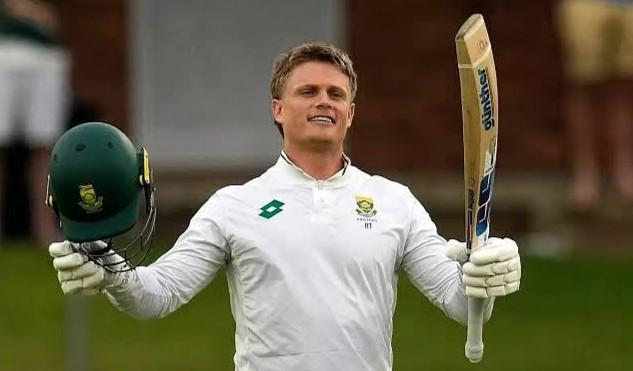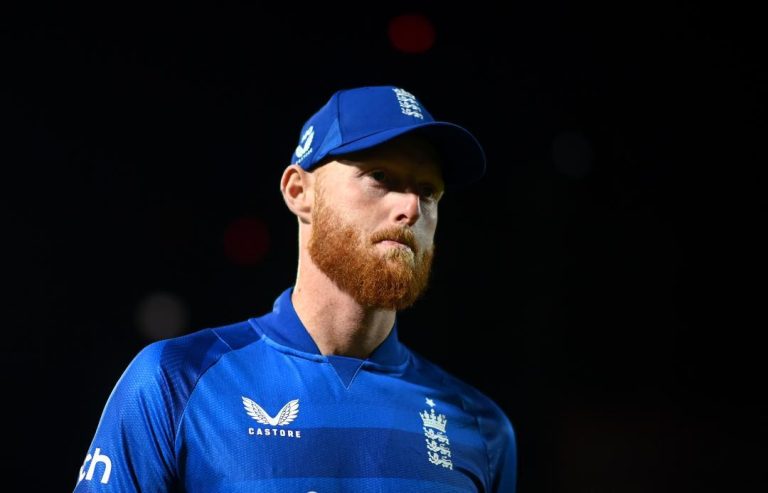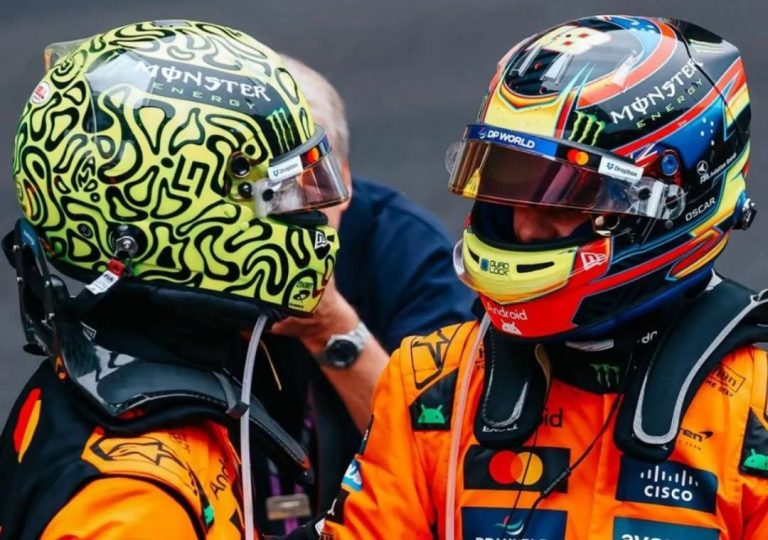
T20 Cricket Harder than Tests: Ryan Rickelton
In a recent interview, South African wicketkeeper-batter Ryan Rickelton expressed his thoughts on the challenging nature of T20 cricket, stating that it is harder than Test cricket. This statement may come as a surprise to many cricket enthusiasts, who often consider Test cricket to be the most demanding format of the game. However, Rickelton’s experience in both formats has given him a unique perspective on the demands of T20 cricket.
According to Rickelton, while Test cricket is indeed challenging, the pressure and intensity of T20 cricket make it a more demanding format. “Test cricket is very hard, but with T20s, there’s a lot more pressure on every delivery,” he said. This increased pressure is a result of the limited number of overs in a T20 game, which means that batsmen have to be more aggressive and score quickly to keep up with the required run rate.
In contrast, Test cricket allows for a more relaxed pace, with batsmen able to take their time and build their innings gradually. As Rickelton put it, “In Test cricket, you can bide your time and work your way through it at a lower intensity. In T20s, you’ve got to score [off] every ball.” This difference in pace and intensity can be overwhelming for batsmen, especially those who are not accustomed to the fast-paced nature of T20 cricket.
Rickelton’s comments are not entirely surprising, given the demands of modern T20 cricket. The format has evolved significantly over the years, with teams now relying heavily on power-hitting and aggressive batting. The introduction of the IPL and other franchise-based T20 leagues has also raised the stakes, with players under immense pressure to perform and deliver results.
The pressure to perform is not limited to batsmen alone. Bowlers also face significant challenges in T20 cricket, as they have to bowl at a high intensity and accuracy for the entire duration of their spell. The limited number of overs means that bowlers have to be ruthless and take wickets quickly, which can be mentally and physically demanding.
Rickelton’s experience in both formats has given him a unique perspective on the demands of T20 cricket. As a wicketkeeper-batter, he has had to adapt to the fast-paced nature of T20 cricket, which requires quick reflexes, sharp instincts, and excellent hand-eye coordination. His comments highlight the importance of mental toughness and adaptability in T20 cricket, as players have to be able to adjust to different situations and opponents quickly.
The challenges of T20 cricket are not limited to individual players, but also extend to teams and coaches. The format requires a high level of strategy and planning, as teams have to navigate the complexities of batting and bowling in a condensed format. Coaches and teams have to be able to adapt quickly to different situations, making tactical decisions on the fly to maximize their chances of winning.
In conclusion, Ryan Rickelton’s comments on T20 cricket being harder than Tests highlight the unique demands of the format. The increased pressure, intensity, and pace of T20 cricket require players to be at the top of their game, both physically and mentally. While Test cricket may be considered the most demanding format by some, T20 cricket presents its own set of challenges that require a specific set of skills and attributes.
As the game continues to evolve, it will be interesting to see how players and teams adapt to the demands of T20 cricket. With the rise of franchise-based leagues and the increasing popularity of the format, T20 cricket is likely to remain a key part of the cricket landscape for years to come.






